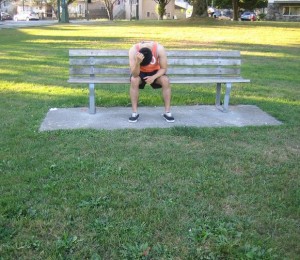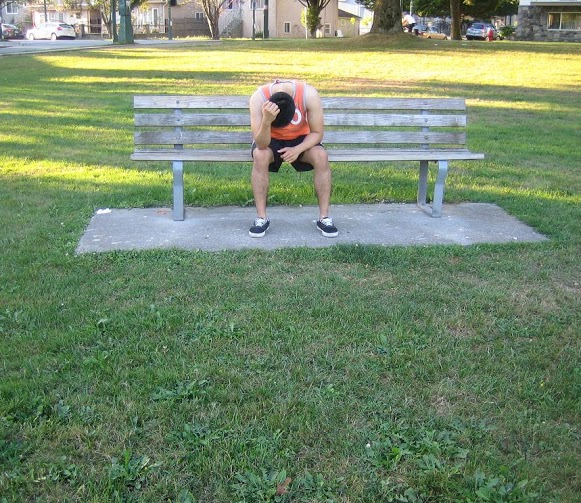Headaches are considered as a common complaint by many individuals while severe chronic cases can affect millions all over the world. Some of these headaches can occur at night and usually have specific characteristics and causes.
Cluster headaches
Cluster headaches usually occur 2-3 hours after sleep starts. The pain is sharp, steady or burning and occurs on one side of the head, behind the eye or involves the face starting from the temple up to the neck.
The symptoms that are also present include a flushed face, teary eyes, stuffed nose and swelling around one or both eyes. The headache reaches its peak within 15 minutes and lasts from 30 minutes up to 2 hours. In most cases, a cluster headache occurs regularly for months, alternating with periods free from headaches.
Even though the exact cause of cluster headaches is unknown, it is believed that the rapid release of serotonin or histamine is contributing factors. Alcohol, heat, cigarettes, cocaine, high altitudes and certain medications can instigate cluster headaches.
Hypnic headaches

The hypnic headaches or “alarm-clock” headaches only occur while at sleep. The headache usually awakens the individual at the same time every night. The pain is usually mild to moderate and lasts from 15 minutes up to 2 hours or longer.
In most cases, the cause is unknown. The headache that occurs at the same time every night indicates a connection to the circadian rhythms and sleeping/wake cycle. This type usually occurs during the REM or dream sleep. A reduction in melatonin which is a hormone that affects sleep can occur with age can also play a role.
Exploding head syndrome
Exploding head syndrome is a rare condition in which an individual complains of a headache that awakens them during night time. In most cases, the individual reports that he/she is awakened by a loud, explosive sound in the head that can be frightening but not painful. This is actually a sleep condition and managed with a medication called clomipramine.
Brain tumor
The increased pressure from a growing tumor can trigger headaches which is a common initial symptom of a brain tumor. In most circumstances, the headache becomes frequent until it becomes constant.
It is worse when lying down and can awaken the individual from sleep. Other symptoms depend on the location and type and can also include behavior and personality changes, coordination loss, balance loss, seizures, nausea, vomiting, vertigo, drowsiness and visual changes.

